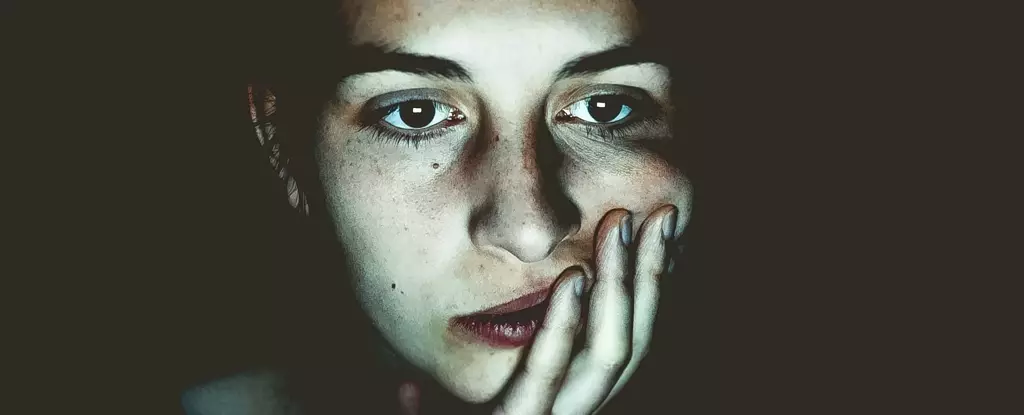In an age driven by social media, the phenomenon of “no-sleep challenges” has captivated audiences, revealing both a fascination with endurance testing and a troubling disregard for health. These challenges often showcase individuals striving to break world records through extreme sleep deprivation. A notable case is that of a 19-year-old YouTuber named Norme, who attempted to surpass existing records by staying awake for over 264 hours. While he garnered views and attention, the repercussions of such challenges extend far beyond the screen and entertainment value. It raises a significant question: at what cost do we chase virality?
Though he received accolades during his live streams, the serious implications of his actions were mere blips on the radar. Spectators worried for his health, which reflects an unsettling trend of glamorizing sleep deprivation. The allure of world records often overshadows warnings from medical experts about the deep-seated risks associated with prolonged wakefulness.
Sleep is not merely a luxury; it is a fundamental biological necessity. Experts recommend that adults aim for at least seven to nine hours of quality sleep each night. This rest period is crucial for maintaining a range of bodily systems. During sleep, particularly in the various stages, the parasympathetic nervous system activates, allowing essential processes like digestion and recovery to unfold.
The stages of sleep serve different functions: the first three stages contribute to bodily restoration, decreasing heart rate and blood pressure, while the REM (Rapid Eye Movement) stage stimulates brain activity linked closely to memory, learning, and creativity. Unfortunately, activities such as alcohol or caffeine consumption close to bedtime can disrupt these important cycles, underscoring the need for better sleep hygiene in societies increasingly captivated by unhealthy lifestyle trends.
Disregarding the body’s need for rest can lead to both acute and chronic sleep deprivation. The immediate effects—such as fatigue, irritability, and cognitive impairment—may seem manageable initially, but as deprivation continues, symptoms intensify. Research indicates that just 24 hours without sleep can impair functions more significantly than being above the legal alcohol limit for driving.
As individuals push past the 48-hour mark, the likelihood of experiencing “microsleeps” increases—brief, involuntary naps that last around 30 seconds. The body intensifies its cravings for food as physiological responses such as inflammation and a weakened immune system set in, exacerbating overall health risks. By the third day of sleep deprivation, more severe symptoms can manifest, including hallucinations and detachment from reality—an alarming indication of how critical sleep is for human wellness.
The dangers don’t cease once the challenge ends. Recovery from sleep deprivation is notably inconsistent among individuals; while some may bounce back after a solid night’s sleep, others can take weeks to regain their normal function. Moreover, research has shown that recovery sleep does not always reverse detrimental metabolic changes. Short-term deprivation can lead to weight gain and reduced insulin sensitivity—issues that can have long-lasting implications for health.
In particular, those working night shifts can experience chronic sleep deprivation, averaging significantly less sleep when compared to daytime workers. Studies consistently show that a lack of sleep is associated with an increased risk of premature death, illustrating the severity of neglecting sleep for the sake of lifestyle or work commitments. Interestingly, it is also pertinent to note that oversleeping can have adverse effects on health, suggesting that maintaining a balanced amount of rest is essential.
As the no-sleep challenge trend continues to gain traction, it is crucial to reassess our values surrounding health and wellness. Rather than succumbing to social media sensationalism, prioritizing sleep hygiene should become a central tenet of our daily routines. Ensuring adequate sleep not only enhances physical health but can also improve mental clarity, emotional stability, and overall quality of life.
Ultimately, choosing to embrace good sleep habits is not just a personal triumph; it is an investment in longevity and quality living. The stakes are too high to indulge in reckless challenges that glorify sleep deprivation. Instead, let us advocate for a culture that understands and appreciates the power of sleep. Your body, your mind, and your overall health will undeniably benefit from the shift toward valuing adequate rest over fleeting internet fame.


Leave a Reply